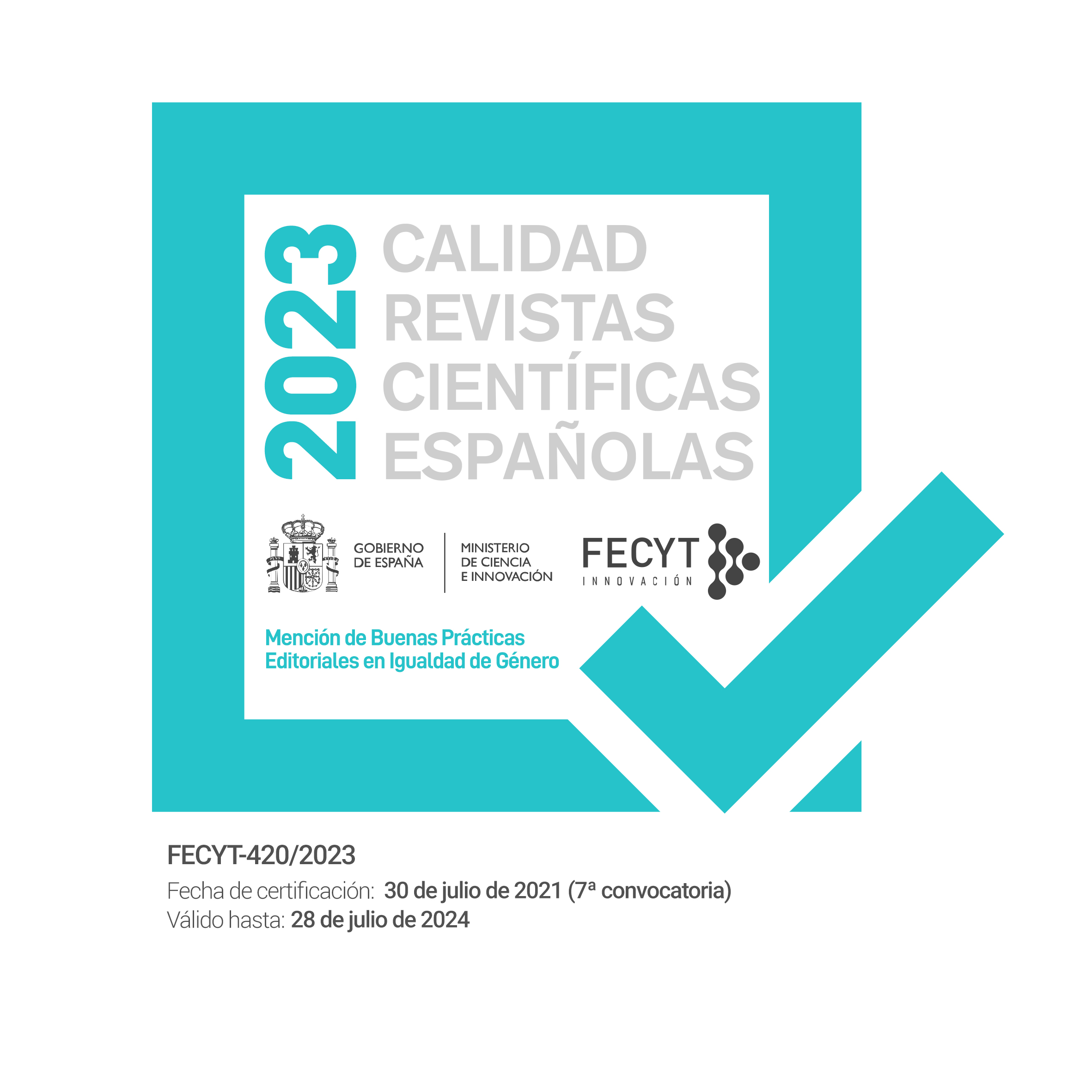The Cardenista utopia: The Construction of the “people” during Lázaro Cárdenas government
DOI:
https://doi.org/10.1344/452f.2023.28.5Keywords:
Utopia, People, Cardenismo, Lázaro CárdenasAbstract
This article analyzes the utopian potential of Cardenismo in postrevolutionary Mexico and its relationship with the political construction of the "people". Drawing from a distinction proposed by Agamben between the People as a hegemonic political subject and the people as a subaltern multitude, I show that intellectuals linked to the government projected the creation of the Cardenista People as a unified subject, without conflicts or fissures. According to their perspective, before the arrival of Cardenismo, there was no People itself, but only a people, that is, masses of subaltern peasants with no capacity to generate political transformations. The construction of the People would then be the product of a state machinery comprising technological devices, institutions, and infrastructure. However, this conception of Cardenista organic intellectuals makes invisible the fact that popular mobilizations not only preceded and laid the foundations for Cardenista radical reforms, but also remained as an underground presence that the state machinery sought to guide and channel. The potential irruption of the heterogeneous multitude of the people and its tension with the hegemonic People constitutes the utopian promise related to Cardenismo as a political discourse.
Downloads
Published
How to Cite
Issue
Section
License
All contents published in the journal are protected under a Creative Commons BY-NC-ND license. This corresponds to legislation within Spain, and does not allow commercial use of the texts. It is not possible to modify the contents either.
General information.
Comparative Literature magazine 452ºF [ISSN 2013-3294] is a publishing project coordinated by Asociación Cultural 452ºF, and developed by its Editorial board.
Access to the Contents and Copyright.
All contents published in the journal are protected under a Creative Commons BY-NC-ND license. This corresponds to legislation within Spain, and does not allow commercial use of the texts. It is not possible to modify the contents either.
Every person has free access to the contents of the journal as long as they understand and assume that no profit is to be made on other people’s work.
In all cases, the original source name of the online journal and the article must be mentioned when used for any purposes.
Basic Conditions of all Call for Papers.
- 1. The author accepts that sending the paper:
- a. Does not guarantee the publication of it.
- b. Is done in accordance to the style-sheet of the magazine and the requirements of the specific call for papers.
- c. Implies the non-exclusive transferring of the first publication rights of the paper, as long as it is selected to be published in the journal, to theAsociación Cultural 452ºF, under a Creative Commons BY-NC-ND license.
- 2. The journal 452ºF, in due respect to moral rights of a copyright, guarantees that:
- a. All papers will be evaluated according to the procedure already mentioned.
- b. All authors will receive either a positive or negative answer to their sending a paper for publication.
- c. All papers will be published unabridged. The journal might make changes in the typographical disposition according to the needs.
- d. All papers will be published under a Creative Commons BY-NC-ND license.





